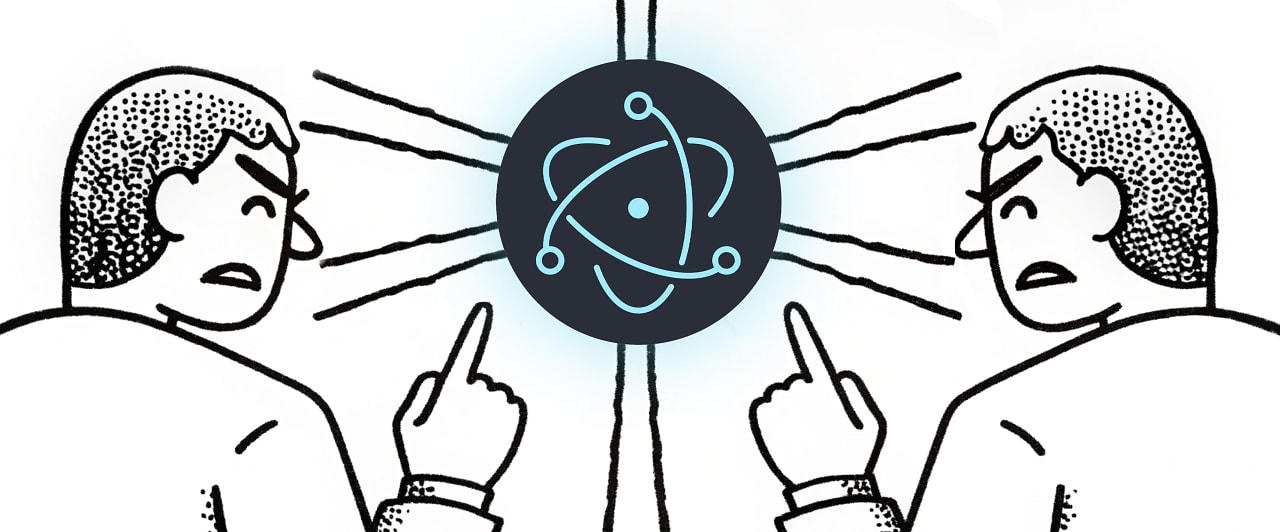A presidential grant of clemency worthy of praise
A few days before he left office, President Biden commuted the sentences of about 2,500 drug offenders.

A few days before he left office, President Biden commuted the sentences of about 2,500 drug offenders. The grant of clemency, Biden explained, “provides relief for individuals who received lengthy sentences based on discredited distinctions between crack and powder cocaine, as well as outdated sentencing enhancements for drug crimes.” Those distinctions in turn created disparities between African Americans and whites throughout the criminal justice system.
A striking contrast to controversial, cringeworthy and contemptible presidential pardons and commutations recently granted to family members, donors, celebrities, political allies and supporters, Biden’s action addressed misguided government policies that have persisted for decades. It also highlighted the damage politicians do when they feed and fuel voters’ fears of violent crime waves in their communities.
As Biden no doubt recalls, he once boasted that every crime bill passed by Congress since 1976 “has had the name of the Democratic senator from the state of Delaware” on it. He supported the Anti-Drug Abuse Act (1986), which imposed a minimum five-year sentence for possession of five grams of crack cocaine and 500 grams of powder cocaine, the so-called 100-1 sentencing disparity that led to the incarceration of tens of thousands of Black people.
As chair of the Senate Judiciary Committee, Biden drafted the Senate version of the Violent Crime Control and Law Enforcement Act (1994), which included mandatory minimum sentences and a “three-strike rule” requiring life imprisonment following the third conviction for a drug related crime.
“Lock the SOBs up,” Biden declared at the time. “It doesn’t matter whether or not they’re the victims of society. I don’t want to ask, ‘What made them do this?’ They must be taken off the streets.”
Federal drugs laws, which most states also adopted, accelerated mass incarceration. Between 1980 and 2018, the number of individuals in state and federal prisons for violating drug laws skyrocketed, from 25,000 to 300,000. Between 1988 and 2012, the length of prison terms for drug offenders increased by 153 percent.
By 1992, 91.4 percent of drug offenders in federal prison were African American. By 1995, 32 percent of all young Black men in the U.S. were on probation, in jail or prison. In 2024, African Americans, who make up about 11 percent of the population, constituted 38.9 percent of federal prison inmates. Between 1980 and 2013, spending on federal prisons shot up by almost 600 percent.
All this, even though the rate of violent crime peaked in 1991, crack cocaine use continued to decline and scientists concluded that, contrary to conventional wisdom, crack was not more potent than powder. Researchers found that most cocaine offenses do not involve weapons or bodily injury; the vast majority of those in prison are not drug kingpins, but street dealers and couriers who are rapidly replaced; there is no correlation between drug imprisonment rates in a particular state and rates of drug use; and mandatory minimum sentences are not a deterrent.
In response to these developments, the Fair Sentencing Act of 2010 reduced the 100-1 crack-to-powder ratio to 18-1 and ended mandatory minimum sentencing for simple possession of cocaine. The First Step Act, signed by Trump in 2018, increased opportunities for inmates to earn credit toward early release or pre-release custody in home confinement or a residential reentry center. And the legislation allowed judges to sentence low-level, non-violent offenders with minor criminal records to less than the required mandatory minimum.
Former Attorney General Merrick Garland, noting that still-existing differences in sentencing have “no basis in science, further no law enforcement purposes and drive unwanted disparities in our criminal justice system,” in 2022 directed prosecutors “to promote the equivalent treatment in crack and powder cocaine offenses.”
Biden’s commutation takes a fully justified next step. He has also announced his opposition to mandatory minimum sentences, private prisons and cash bail requirements, and support for expunging convictions for marijuana offenses.
Perhaps surprisingly, since worries persist about crime even though it has declined significantly over the last couple of years, a substantial majority of Americans favor ending mandatory minimum sentences and investing in probation, parole and substance abuse treatment.
What will President Trump, a tough-on-crime politician if ever there was one, do? Here’s a guess: The First Step Act is not likely to be followed by a second step anytime soon. Maybe Trump would consider it in a third term?
Glenn C. Altschuler is the Thomas and Dorothy Litwin Emeritus Professor of American Studies at Cornell University.













![From Gas Station to Google with Self-Taught Cloud Engineer Rishab Kumar [Podcast #158]](https://cdn.hashnode.com/res/hashnode/image/upload/v1738339892695/6b303b0a-c99c-4074-b4bd-104f98252c0c.png?#)
































































